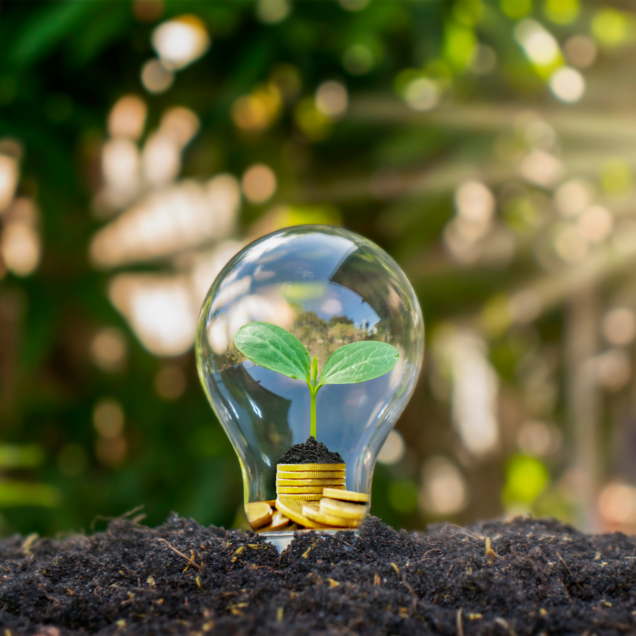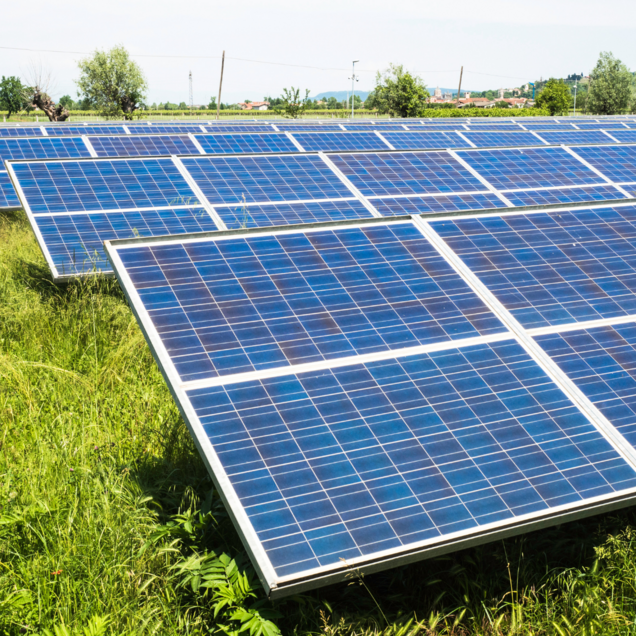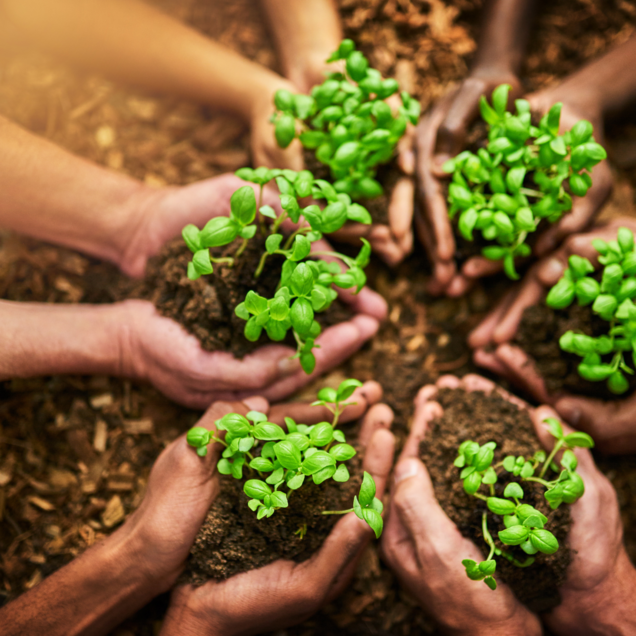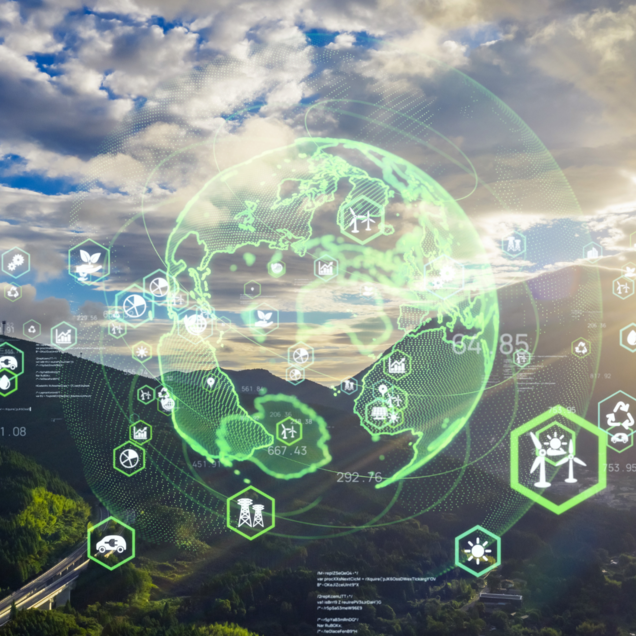Ringvorlesung - Winter Semester 2023/24
| 11.10.2023 | 18:00 | Potential of CCUS for the reduction of CO2 emissions in Austria | Holger Ott, Markus Lehner | WebEx & Studienzentrum HS2 |
| 19.10.2023 | 17:30 | Damage control based on the example of plants - inspiration for efficient resource use and waste avoidance | Olga Speck | WebEx |
| 23.11.2023 | 17:30 | Photovoltaic research Made in Austria - Plastics for PV modules | Gernot Oreski | WebEx & HS 3 Studienzentrum |
| 30.11.2023 | 17:30 | Eureca Pro - Responsible Consumption & Production | Susanne Feiel, Volkmar Kircher, Sarah Kollnig | WebEx & HS 3 Studienzentrum tba |
| 18.01.2024 | 17:30 | Integrated network development öNIP | Thomas Kienberger | WebEx & HS 3 Studienzentrum |
| 25.01.2024 | 17:30 | Importance of LCA for sustainable value creation in companies | Wolfgang Posch & Gerald Feichtinger | WebEx & HS 1 Studienzentrum |
25.01.2024: Importance of LCA for sustainable value creation in companies
Wolfgang Posch & Gerald Feichtinger
Abstract
Sustainable value creation in companies encompasses economic, social and ecological aspects of the entire operational value chain. Usually, economic-financial measurement standards and the resulting traditional corporate performance dominate the operational value creation process. In this presentation, concepts will be presented on how the ecological consequences of corporate actions can be added to operational value creation by using an LCA.
Abstract
The qualitative and quantitative development and evaluation of three expansion scenarios for the energy infrastructure in the areas of electricity, gas and heat is shown in order to enable a sustainable, climate-neutral economic and energy system in Austria by the year 2040.
Thomas Kienberger has been Professor and Head of the Chair of Energy Network Technology at the University of Leoben since 2014. He is an expert in integrated energy systems in public spaces and industry. The main aspects of his research and teaching are interdisciplinary, systemic approaches to integrating renewables and increasing overall systemic energy efficiency. Since 2018 member of the steering group of the flagship region New Energy For Industry - NEFI and head of the NEFI_lab. Innovator and networker in the industrial landscape in Austria and beyond.
30.11.2023: Eureca Pro - Responsible Consumption & Production
Susanne Feiel, Volkmar Kircher, Sarah Kollnig
Abstract
EURECA-PRO is the European University on Responsible Consumption and Production, which was founded in 2020 with Montanuniversität Leoben in the lead. This novel university alliance is made up of nine universities across Europe, with partners from Spain, France, Belgium, Germany, Greece, Poland, Romania, and Austria. Together, we work across disciplines and cultures on topics related to Sustainable Development Goal 12, responsible consumption and production.
EURECA-PRO has created research groups, the so-called Lighthouse Missions, new study programmes, such as the Bachelor’s and Master’s programmes in Responsible Consumption and Production at Montanuniversität Leoben, as well as a joint innovation pipeline and activities that reach out to wider society.
As the first phase of the initiative comes to an end and the second phase is starting, we reach out to new partners from academia and wider society. Our ambition is to become a leading competence centre on responsible consumption and production, offering a deeply connected campus for seamless physical and virtual mobility as well as creating knowledge that is of high relevance for the big questions of our time.
An emerging aspect of our work is the topic of responsible consumption, and we provide some insights into this field. Thus, we discuss what it means to live in a consumerist society and how greenwashing affects our consumption choices. Understanding these aspects of sustainable consumption allows to suggest avenues for change towards truly responsible consumption and production.
The lecture is held in English and in a hybrid format, and participation and questions from the audience are encouraged.
Abstract
The role of polymers in photovoltaic power generation is generally underestimated, as they do not play an active role in the power generation itself.
However, the choice of polymers has a significant impact on PV module properties, such as.
(1) Efficiency, since the optical properties of the encapsulation (transmittance) and the backsheet (reflectance, backscatter) determine the number of photons that reach the solar cell
(2) Quality, since most early failure defects are caused by poor processing parameters defined by the properties of the encapsulation and by material incompatibilities
(3) Reliability, as most PV module degradation modes are directly related to polymer degradation and material interactions with polymer components.
The talk will highlight current trends in technology development, with a focus on PV modules and their material composition, refute some myths surrounding photovoltaics, and discuss the current market situation.
Gernot Oreski studied plastics engineering at the University of Leoben and graduated in 2004. In 2008, Gernot Oreski completed his doctorate at the University of Leoben. Both the diploma thesis and the dissertation dealt with the potential uses of plastics in solar energy applications. In 2020, he was habilitated in the subject "Physics of Polymeric Materials". His habilitation thesis "Polymers for photovoltaics: Applicability and long-term behavior" deals with the influence of the plastics used on the efficiency, quality and lifetime of photovoltaic modules.
He began his professional career in 2004 as a research associate at the PCCL in Leoben. From 2008 he acted as Post-Doctoral Researcher, from 2011 as Senior Researcher, and since 2017 Gernot Oreski has continued as Head of "Smart Material Testing". Since 2012, he has been lecturing as an adjunct professor at MUL (Chair of Materials Science and Testing of Plastics) on the topic of aging of plastics. This was followed in 2020 by a research stay at Case Western Reserve University (Cleveland, USA) at the Solar Durability Lifetime Extension Center under the direction of Prof. Roger French.
Gernot Oreski and his team at the PCCL are working on issues relating to the long-term stability of plastics under challenging climatic conditions. One special case is polymers in solar energy applications such as photovoltaics, where lifetimes of 25 and more years are guaranteed. The focus of his research is on the investigation of the long-term stability and failure mechanisms of the plastics used, as well as the development and qualification of new material candidates according to the requirement profile.
11.10.2023: Damage control based on the example of plants - inspiration for efficient use of resources and waste avoidance
Olga Speck
Abstract
For both living organisms and man-made structures, there are two basic approaches to damage control: damage prevention and damage management. This talk will present plant-inspired damage control solutions that can contribute to the 2030 Agenda's Sustainable Development Goal 12 "Sustainable Consumption and Production" through efficient resource use and waste prevention.
Damage prevention in plants involves the formation of gradual transitions of geometric and biomechanical properties. In addition, plants can respond to environmental stresses, acclimatize and adapt structurally and mechanically, and thus survive higher stresses without damage. Damage management in plants ranges from rapid self-sealing and subsequent self-healing of wounds to the formation of abscission zones where biological material systems are dissolved in a controlled manner. Transferring these functional principles to technical applications would both extend the service life of the material systems and enable subsequent separation and recycling of the individual components.
The mere flow of ideas from biology into technical products does not make bio-inspired products more sustainable than conventional products.Rather, we can only contribute to a more sustainable future if respectful treatment of nature is part of technological development.
Dr. Olga Speck studied biology and sports at the University of Freiburg (Germany) and received her PhD on vibration damping in plants in 2003.Since 2002, she has been leading research and development projects within her research interests (i) functional morphology and biomechanics of plants, (ii) bioinspired material systems such as self-repairing material systems, adaptive material systems and composite materials, (iii) biomimetics and sustainable technology development, and (iv) education and training in biomechanics and biomimetics.
Olga Speck is Principal Investigator in the Cluster of Excellence "Living, Adaptive and Energy-autonomous Materials Systems (livMatS)" at the University of Freiburg. At the interface between Area C "Longevity" and Area D "Societal Challenges", she leads research projects on damage control in plants such as self-repair and abscission as models for technical applications and sustainable technology solutions.
11.10.2023: Potentials of CCUS for the reduction of of CO2 emissions in Austria
Name des Vortragenden
Abstract
Carbon Capture Utilization and Storage (CCUS) refers to process chains for the utilization of CO2 as raw material for the production of products or for the permanent geological storage of CO2. The presentation will give an overview of the current state of the art and will especially address potentials and challenges of CCUS, with a special focus on Austria.






